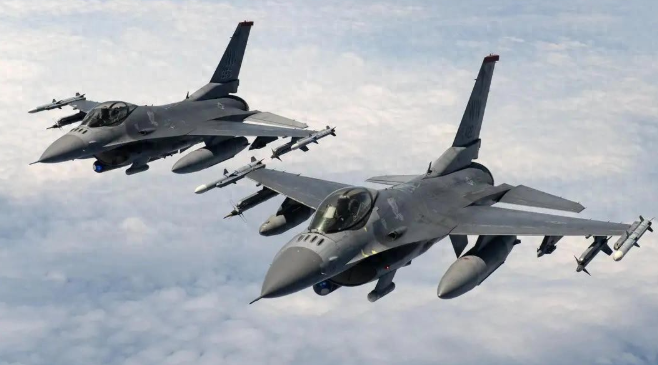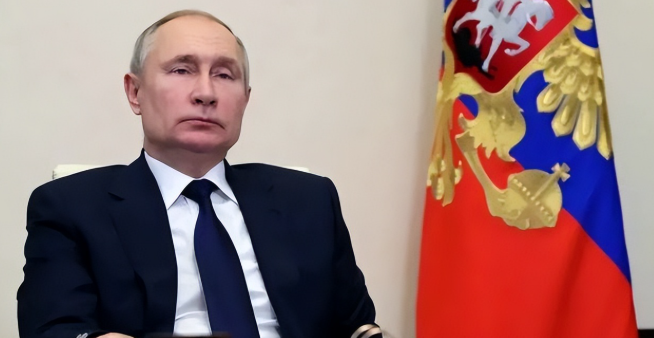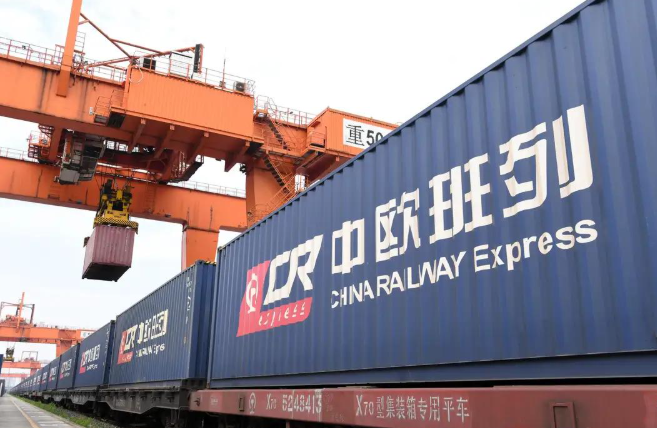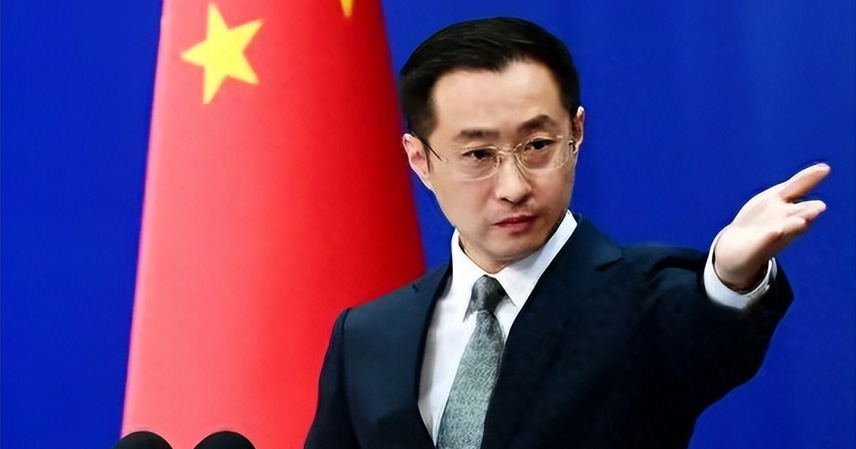Tensions Rise in Early September
As soon as September began, Europe was anything but calm. The atmosphere was tense, as if one wrong breath could ignite the powder keg.
On September 10, Poland announced that it had shot down several Russian drones, immediately notifying NATO and requesting consultations, describing the incident as serious.
Shortly after, Poland moved to close its border with Belarus—halting not only the movement of people but also trains. This decision brought the China-Europe Railway Express to a standstill. Once logistics froze, the entire economic chain began to shake.

What started as a military clash quickly spiraled into an economic disruption.
Poland’s Suspicion and the Drone Incident
For years, Poland has lived in constant anxiety toward its eastern neighbors. Russia and Belarus maintain close ties—like two intimidating figures standing at Poland’s doorstep.
The September 10 incident heightened Warsaw’s alarm. Poland claimed that several drones entered its airspace from the Ukrainian direction and said it recovered multiple wreckage fragments. To Warsaw, this was no accident but a deliberate provocation.
Russia, however, denied the allegations, saying the drones might have simply gone off course with no hostile intent. Poland dismissed this explanation, pulling NATO into the matter to ensure allies paid attention.
For Warsaw, the real fear is that this was not an accident but a test run. Their concerns grew as Russia and Belarus launched joint military exercises right at Poland’s doorstep. While officially labeled “drills,” the nature of the exercises suggested otherwise.
Poland remembered that the last time Moscow and Minsk held similar joint training, it was followed by the escalation in Ukraine. This history made Poland unwilling to take chances.

Thus, Warsaw opted for preemptive action—closing the border before tensions could escalate further.
A Border Shutdown That Choked Eurasian Logistics
Poland’s move was not symbolic—it directly shut down a critical gateway. As a result, the China-Europe Railway Express, a key artery linking Asia and Europe, ground to a halt.
Trains stopped running, cargo piled up, and businesses were left in limbo. The railway is not a private tool of any single country but a shared infrastructure underpinning global connectivity. Poland’s unilateral closure turned a collective economic lifeline into collateral damage.
If such disruptions persist, the impact will go far beyond a few delayed shipments. Logistics chains will be disrupted, costs will rise, delivery schedules will collapse, and inventories will be thrown into disarray.
This does not only hurt Chinese exporters—European businesses also suffer. Everyone understands that when logistics stall, the supply chain collapses.

Poland’s decision, in effect, tied a knot in Eurasia’s economic artery, disrupting the free flow of trade.
China’s Firm Stance: The Trains Must Keep Running
China quickly reacted to Poland’s sudden closure. The Ministry of Foreign Affairs emphasized that the China-Europe Railway Express is a shared achievement of China, Poland, and Europe.
It is not the property of any single country but a public good that must be safeguarded collectively. Unilateral shutdowns undermine not just one nation’s interests but the trust of an entire region.
Beijing’s position was straightforward: Poland’s security concerns may be understandable, but they cannot come at the expense of vital economic corridors.
China refrained from direct confrontation—it did not explicitly blame Poland or NATO—but instead underscored the principle: “The trains must keep running, and cooperation must not be disrupted.”
This reflects a clear logic: China will not be dragged into Europe’s security conflicts, but it will not allow its economic interests to be casually sacrificed.
Some analysts believe Warsaw intended to pressure Beijing into taking sides in the Ukraine conflict. But this strategy is unlikely to succeed.

China’s stance remains consistent: no bloc politics, no coercion, dialogue over escalation.
The Fragile Balance Between Security and Cooperation
Poland’s fears are not groundless. Its geography places it on the frontline of regional security risks. Yet in today’s interconnected world, security and development cannot be separated.
If every security scare leads to cutting off trade routes, global economic stability will be impossible.
The case of the China-Europe Railway Express highlights this fragility. When political logic overrides economic rationality, everyone loses.
Poland’s closure may bring temporary reassurance, but the long-term costs—in trust and economic losses—will far outweigh the perceived safety.
China, meanwhile, provides a different path: maintain essential economic corridors regardless of political disputes. This is not weakness but a pragmatic defense of global cooperation.
Trade and logistics are shared necessities. If even fundamental projects like the China-Europe Railway cannot be safeguarded, globalization itself becomes unsustainable.

Conclusion
The current situation is no longer about right or wrong but about finding a balance amid conflict.
Poland acts to secure its borders. China insists on keeping cooperation alive. The challenge lies in preventing every confrontation from undoing years of connectivity.
The Polish border crisis is not only a snapshot of geopolitical tension but also a warning about the fragility of globalization.
As wars cast long shadows, economic cooperation must not be turned into a bargaining chip. Beijing’s message is clear: the trains must keep running, and cooperation must not stop.
References
- Polish Ministry of Defense Statement, September 2025
- NATO official website and Twitter feed — activation of Article 4 consultations
- Financial Times and Wall Street Journal — reports on Zapad-2025 joint exercises



